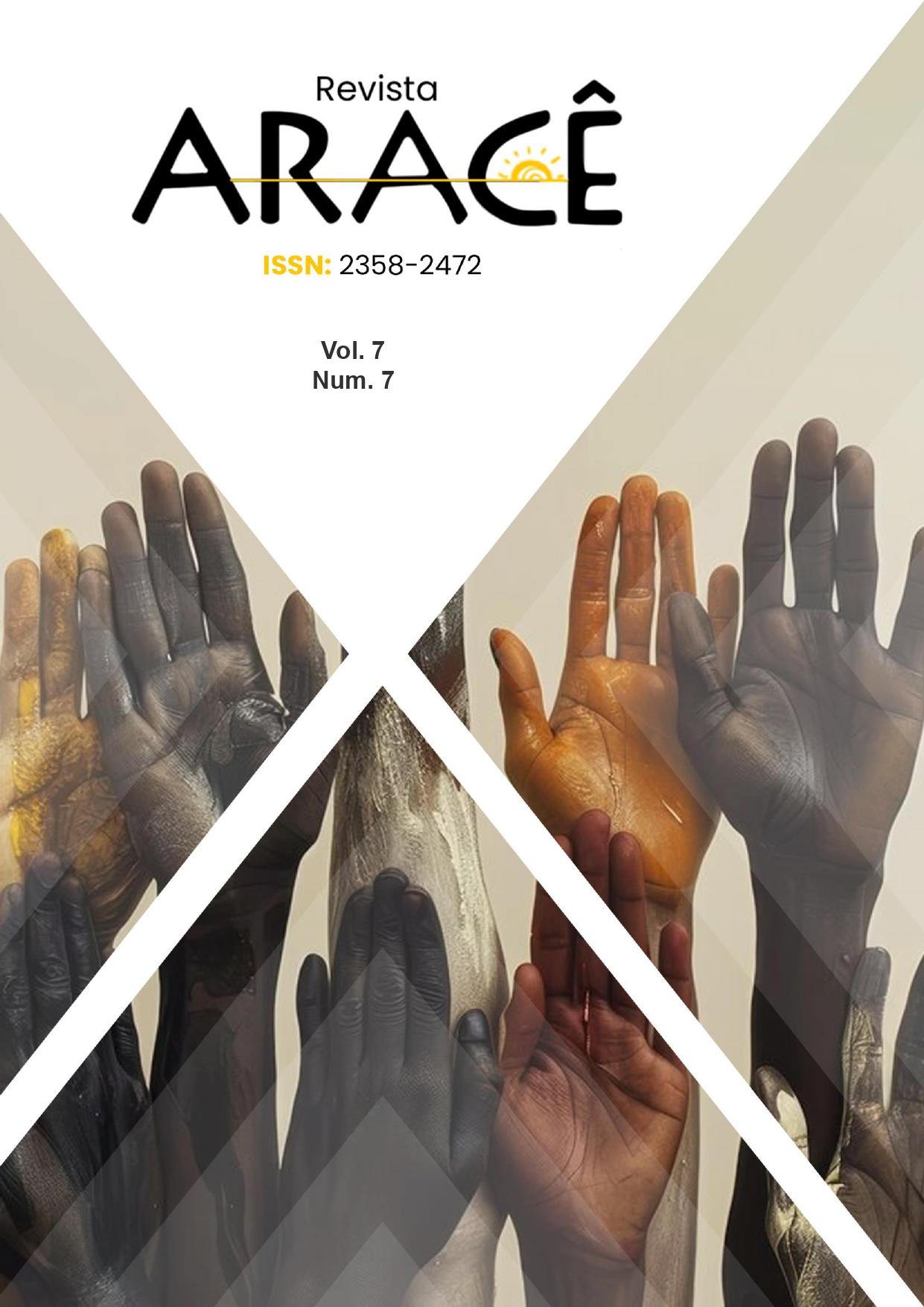AUTONOMIA DOS PESQUISADORES EDUCACIONAIS EM SUAS PRÁTICAS DE USO DE INTELIGÊNCIA ARTIFICIAL
DOI:
https://doi.org/10.56238/arev7n7-012Palavras-chave:
Autonomia, Inteligência Artificial, Formação de pesquisadores educacionais, Pesquisa em EducaçãoResumo
Neste estudo caracterizamos as relações que os pesquisadores educacionais estabeleceram com a autonomia em situações em que eles fizeram uso de Inteligência Artificial (IA) em suas práticas científicas. Os procedimentos metodológicos basearam-se na abordagem qualitativa e na técnica de Análise de Conteúdo (AC), considerando as categorias de um instrumento analítico que elaboramos. Os dados foram provenientes de relatos apresentados pelos pesquisadores a respeito das suas práticas de pesquisa e das suas relações com a autonomia e IA. Dentre os resultados caracterizamos as relações dos pesquisadores com a autonomia, em situações de uso de IA vinculadas ao exercício e não exercício da ética, de habilidades políticas, e do desenvolvimento do próprio conhecimento. As situações de uso de IA envolveram onze tipos de práticas realizadas pelos pesquisadores, condicionadas à critérios relativos à manutenção do rigor científico das suas produções. Concluímos a respeito das caracterizações e contribuições da autonomia e do uso da IA para a formação e trabalho dos pesquisadores educacionais, e da importância do estabelecimento de normas que determinem condições e limites para a aplicação de IA nas práticas científicas educacionais. Por exemplo, regular o uso de IA sob a revisão sistemática das produções, pelos pesquisadores/orientadores, com atenção à autenticidade e veracidade dos dados e do conhecimento produzido, e às exigências da objetividade, do rigor teórico, da coerência lógica e da consistência metodológica. Para finalizar, propomos possíveis encaminhamentos para estudos futuros.





